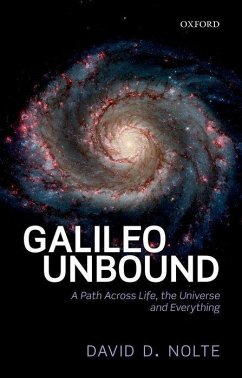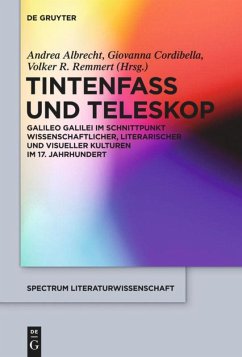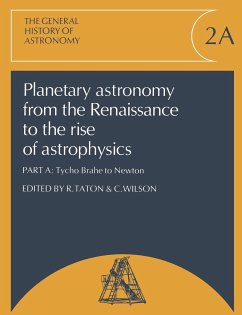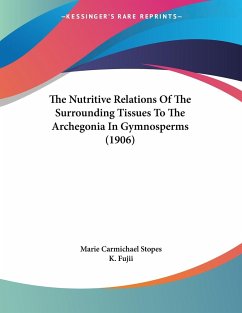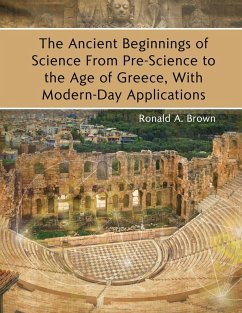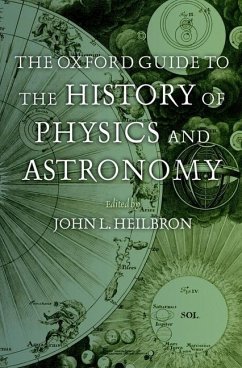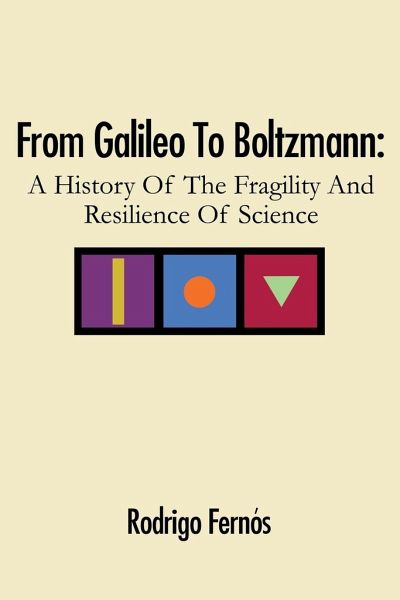
From Galileo To Boltzmann
A History Of The Fragility And Resilience Of Science
Versandkostenfrei!
Versandfertig in 1-2 Wochen
19,99 €
inkl. MwSt.

PAYBACK Punkte
10 °P sammeln!
When the same $9 billion allocated to a nation's annual budget (Puerto Rico 2015) is spent on a single scientific instrument (Hubble telescope) or to administer a single scientific facility for a year (CERN), we might presume that science is today a monolithic enterprise, akin to what the pyramids of Ancient Egypt had been in their day. Yet when we turn to the details and contours of the history of science, we find humble beginnings that could have easily resulted in different outcomes. The aim of this book is to open these hidden corridors so as to show not only the fragility of early scienti...
When the same $9 billion allocated to a nation's annual budget (Puerto Rico 2015) is spent on a single scientific instrument (Hubble telescope) or to administer a single scientific facility for a year (CERN), we might presume that science is today a monolithic enterprise, akin to what the pyramids of Ancient Egypt had been in their day. Yet when we turn to the details and contours of the history of science, we find humble beginnings that could have easily resulted in different outcomes. The aim of this book is to open these hidden corridors so as to show not only the fragility of early scientific endeavors, but to also provide a greater appreciation for the courage and sacrifice of its formative practitioners.





